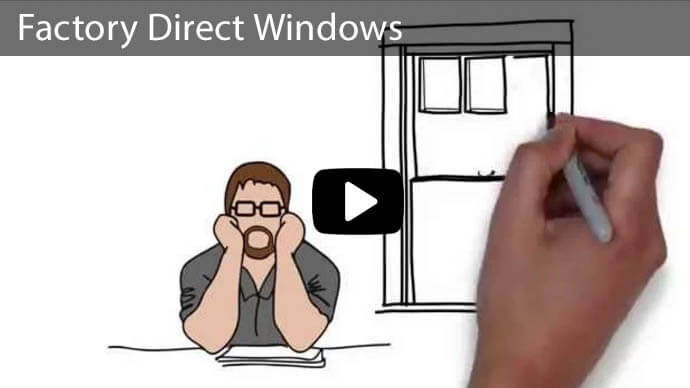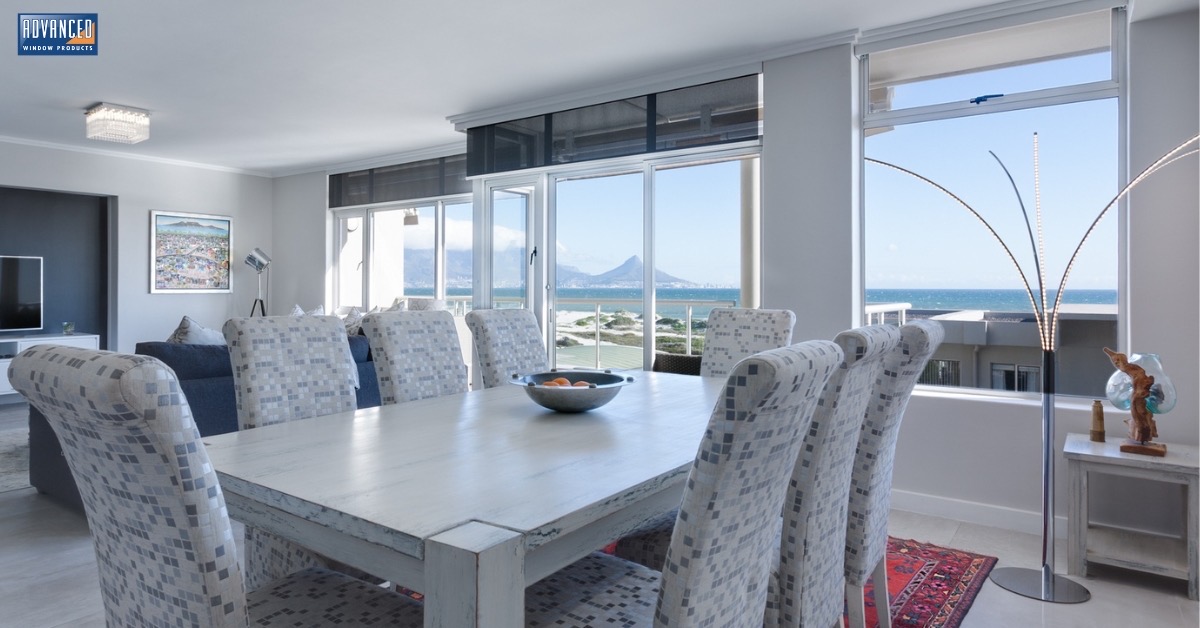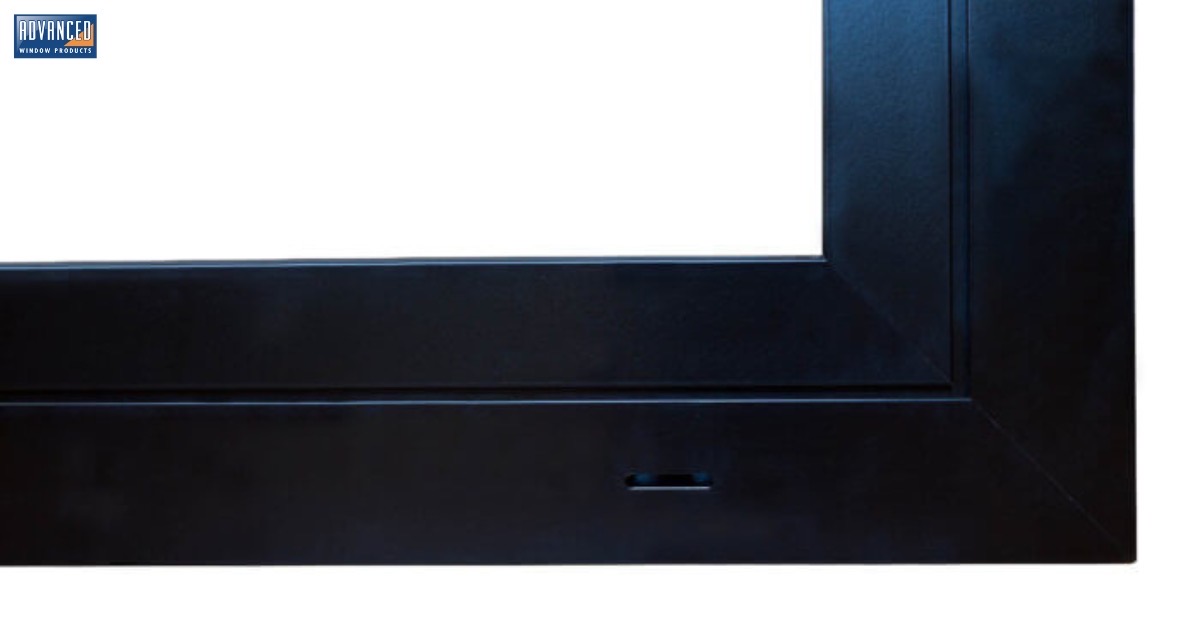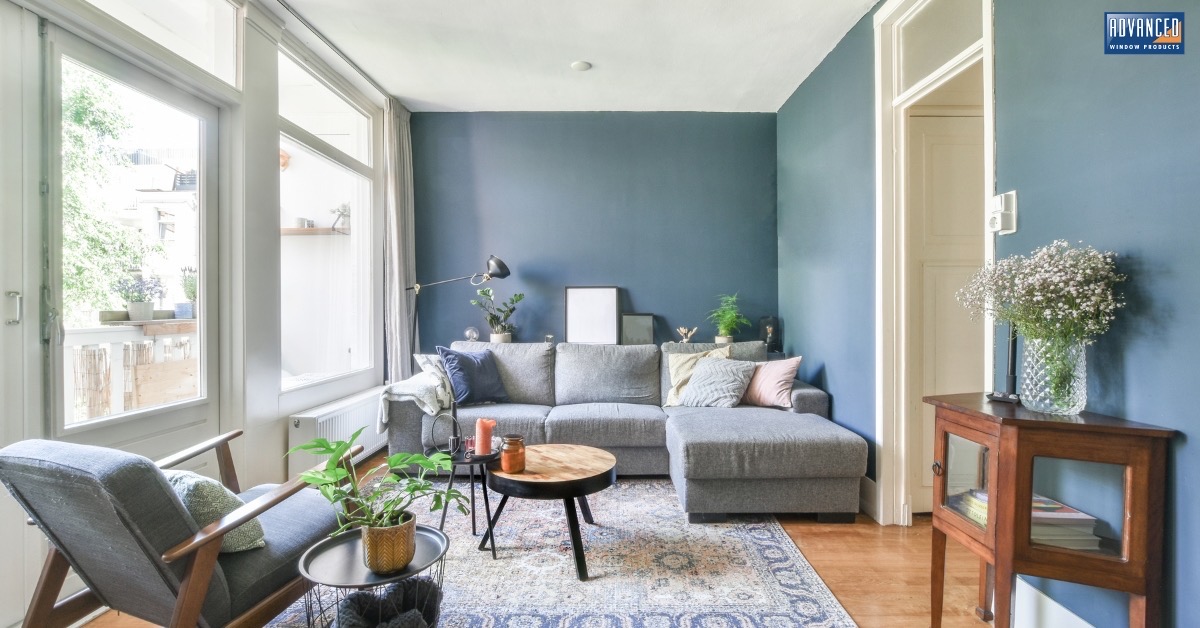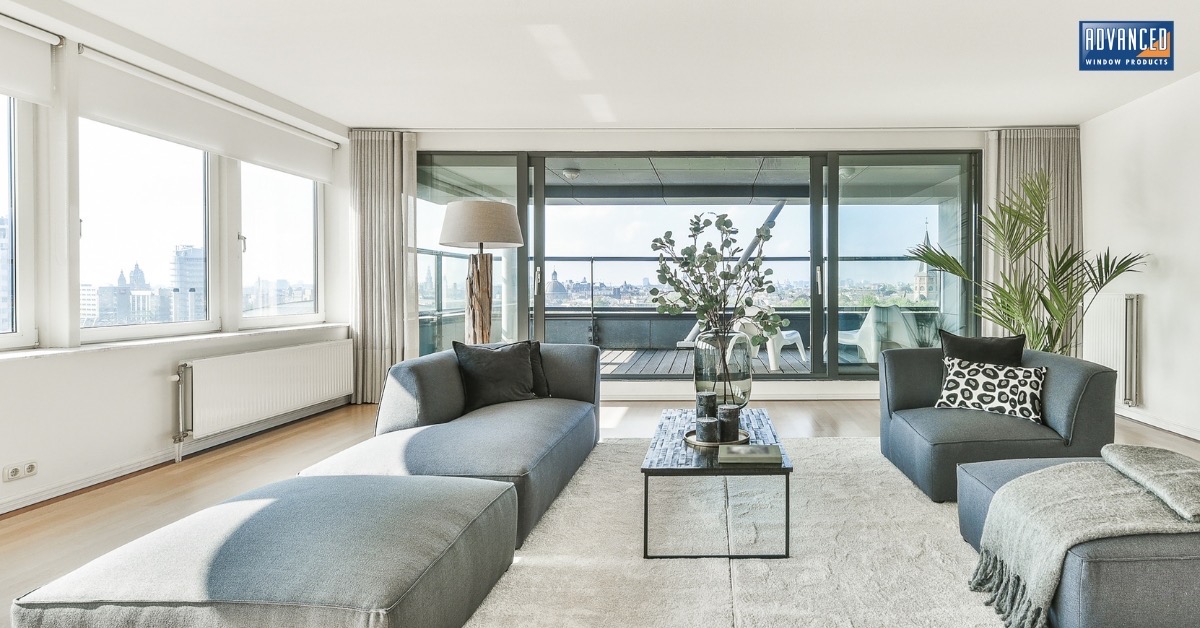One thing everybody looks forward to at the end of a long work day is spending a relaxing, quiet evening in their home. Quiet, you say? What's that? With the irritating sounds of traffic noises, people mowing their lawns, kids yelling and dogs barking reaching your ears through outdated windows, doors, roofs and siding material, how can you find the peace and quiet you want--and deserve?
Windows
The best way to enjoy a home with less noise pollution is to replace old, ill-fitting windows with state-of-the-art, energy efficient windows. These windows are enhanced with glass treatments formulated to eliminate noise and reduce energy costs. No residential window blocks all sound, all the time. “Soundproof” is shorthand for noise reduction windows that block a large percentage of noise from coming through your windows. Noise reduction windows can also be ordered custom-tinted to decrease glare in sun-drenched rooms. At Advanced Window Products, we specialize in finding you the perfect windows.Doors
The primary reason for "noisy" doors are gaps around the door frame and under the door. Even a mere 1/4 of an inch space between the door and the frame will bombard a room with sound waves all fighting to be heard at once. You can try sealing gaps with closed cell foam tape but this methods only eliminates some sounds--but not all. Your best bet with soundproofing doors is replacing old doors with new doors that are custom-made to closely fit the perimeter of a doorway. You can also keep out unwanted noise by replacing unattractive doors with elegant sliding glass doors augmented with special, sound-muffling sealants that instantly repel sound waves.Ceiling
Other than tacking a huge, thick quilt over your ceiling to drown the loud antics of your upstairs neighbors, soundproofing your ceiling will require insulating or re-insulating areas between ceiling jousts. Applying drywall (panels should be at least 5/8-inch-thick) against the ceiling will help muffle intrusive sounds as well.Siding
A quick but sloppy (and often ineffective) method for soundproofing siding is to use polyurethane caulk and/or acoustic foam panels to "plug up" cracks and seams in old, weather-beaten siding. To ensure you receive the degree of soundproofing you want, you may want to consider residing your home with new vinyl siding that not only adds value to your home but can also dramatically decrease your energy bills.Roofs
"Green" roofs offer soundproofing advantages over traditional roofing materials because of their ability to attenuate sounds instead of deflecting them. By integrating plant matter, substrates and "trapped" pockets of air during the construction of green roofs, buildings covered with this type of roof benefit from a natural sound barrier, even buildings in highly urbanized areas. In addition, studies with the insulating properties afforded by green roofs have found that roofing material layered with processed vegetation prevent infiltration by electromagnetic radiation emitted by mobile communications and wireless devices.Health Benefits of Soundproofing Your Home or Commercial Building
- Reduces stress and may help relieve hypertension
- Eliminates headaches caused by persistent noises
- Improves sleep quality
- Improves overall health and well-being





